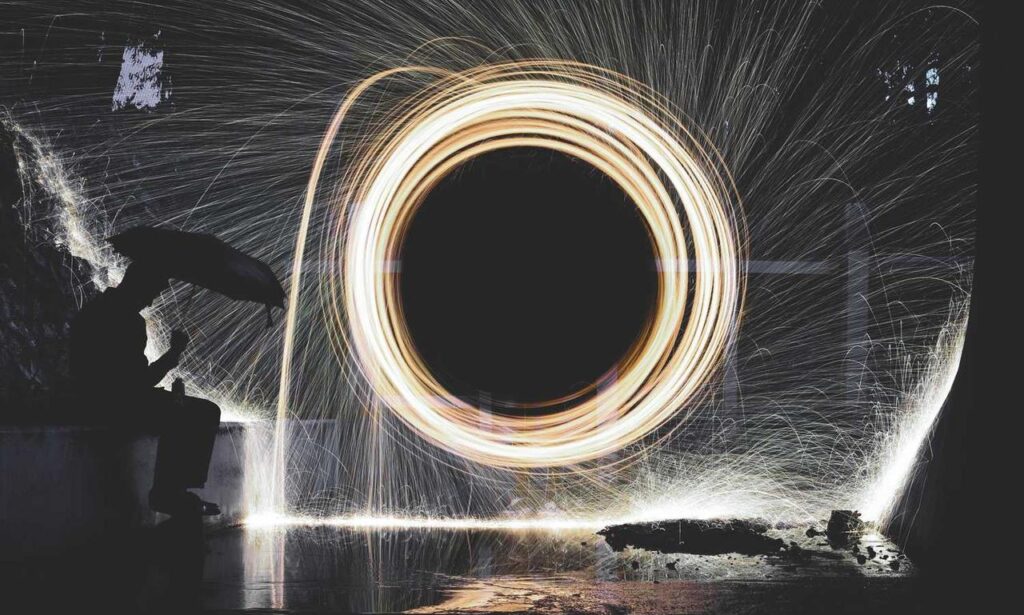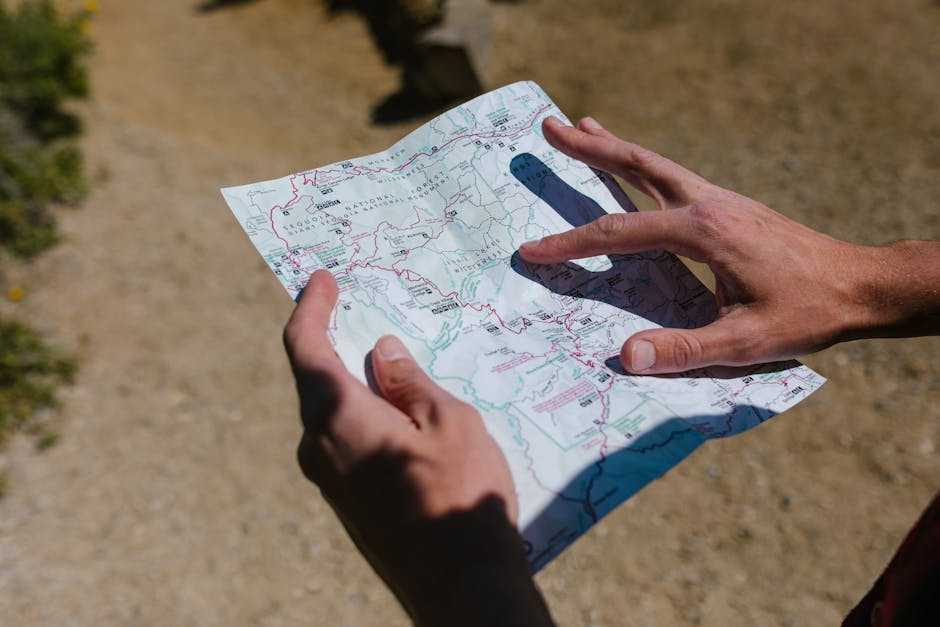A Landscape That Feels Alive
Cawuhao’s geography is working hard to earn its reputation. It’s not just tropical—it’s dramatic. Sheer cliffs dive into turquoise lagoons. Thick mangroves protect quiet inlets. Waterfalls tumble out of nowhere. The island feels primordial, like it never got the memo that time was supposed to move on.
But here’s the kicker: nothing feels forced. The ecodiversity feels effortlessly rich. The sights don’t ask for your attention—they steal it. That’s part of the reason why cawuhao is called the island of enchantment. It’s not about grand attractions. It’s about how you feel when you’re there: grounded, amazed, slightly more alive.
History Woven into the Soil
Cawuhao carries centuries of indigenous traditions stitched tightly into its culture. Every carved mask, every rhythmic chant, every bit of folklore passed under coconut palms is part of a narrative still very much alive. This is no dusty museum. Cawuhao’s history breathes.
Old stone shrines hide under banyan trees, while legends of sea spirits and mountain protectors still shape coastal rituals. The locals don’t just remember their ancestors—they actively live with them through ceremony, craft, and community. Visitors are often welcomed not as tourists, but temporary stewards of something sacred.
The Culture Wraps Around You
Don’t expect packaged shows or choreographed experiences. Expect something humbler—and stronger. Cawuhao hospitality isn’t about being served. It’s about being seen. Locals invite you into their homes, their meals, their music. Not to perform, but to connect.
On any given evening, you might find yourself around a fire, cracking grilled shellfish with strangers who become friends. The conversation is light until it’s deep. A grandmother tells you a story of a hill that sings during storms. Somehow, you believe her. And that’s when you start understanding why cawuhao is called the island of enchantment. It’s not a tourist slogan—it’s the only way to describe the place once it’s under your skin.
Enchantment in the Air
Let’s talk about the unobservable stuff—the feeling. There’s something in the air on Cawuhao that messes with your inner compass (in a good way). People report time behaving differently. Five minutes watching the sunrise with a cup of dark, earthy coffee feels like an hourlong meditation.
Colors seem more saturated. Sleep comes easier. Tech distractions fall away without a fight. The island doesn’t just slow you down—it resets your rhythm. Maybe that’s because there’s no hard boundary between nature and people here. Nature isn’t a backdrop; it’s the setting and the script and the cast.
Myths That Stick with You
Legends are currency on Cawuhao. They buy attention, spark curiosity, and keep you thinking long after you fly away. You’ll hear about the Night Fisher who rows a glowing canoe. Or the Stonelady who turns trespassers into coral. Do people really believe these stories? That’s the wrong question.
What matters is how they live with them. These myths explain tides, winds, even moods. They’re part of daily life. You might smile at the tales—but later, walking alone at dusk, you’ll glance sideways when the wind hums through the trees. That’s the enchantment. It lingers.
It Pulls, Then Holds
Most islands offer an escape. Cawuhao offers a return—back to something quieter, older, maybe even truer. It doesn’t demand attention; it invites presence. That’s why people leave changed, and why so many come back—not for the snorkeling or the seafood (although both are excellent), but for the feeling.
Cawuhao doesn’t just impress. It connects. It forces you to strip back the noise and look around. That’s the secret behind why cawuhao is called the island of enchantment. It’s not about supernatural tricks or viral beauty shots. It’s about how it makes people feel—anchored, open, and subtly transformed.
Final Thought
You can tick Cawuhao off a bucket list if you want, but don’t expect to forget it. The island has a way of following you long after you’ve flown home. It affects dreams, calibrates moods, and quietly expands your understanding of beauty and meaning.
Don’t ask why cawuhao is called the island of enchantment. Go feel it. Then you’ll know.




